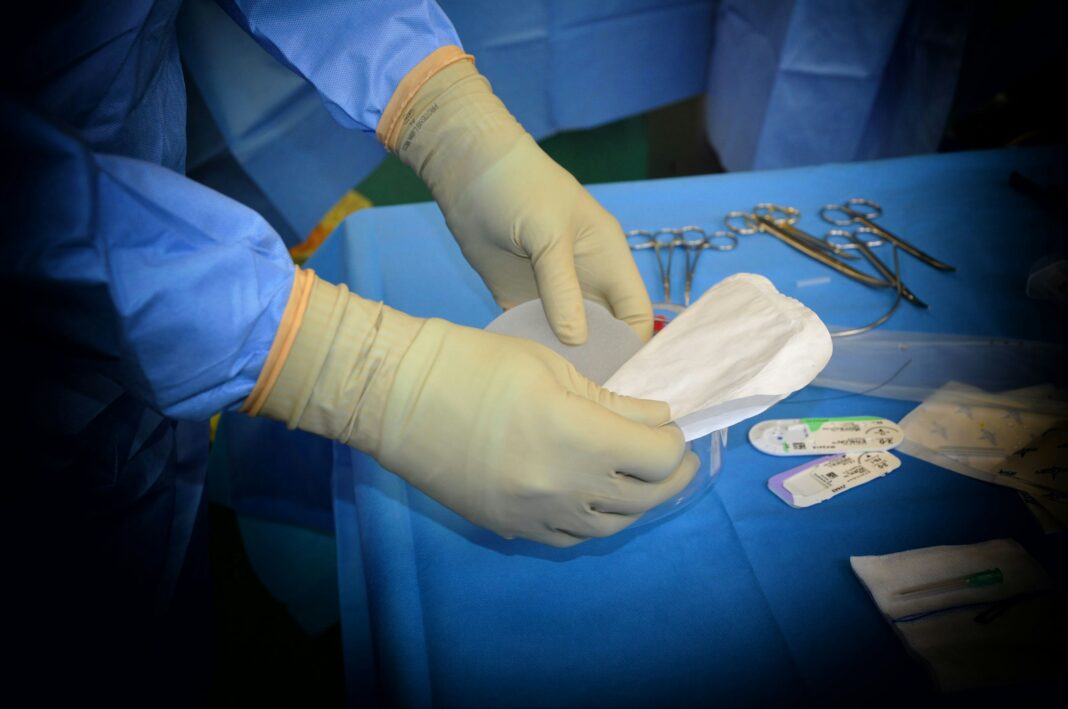The Turkish government’s recent decision to allow a broader range of doctors to perform cosmetic procedures has drawn sharp criticism from medical professionals who warn of increased risks of botched surgeries, the Diken news website reported on Wednesday.
The Ministry of Health issued the Amendment to the Regulation on Private Healthcare Institutions Providing Outpatient Diagnosis and Treatment, which was published in the Official Gazette on Tuesday.
The regulation allows physicians from a broader range of specialties, including those without prior expertise in cosmetic or reconstructive surgery, to perform cosmetic procedures such as Botox and fillers. Doctors can now qualify through approved certification courses or by demonstrating appropriate medical training.
Previously only dermatologists, plastic surgeons and doctors with certified medical aesthetics training were authorized to perform these procedures. Even then, such procedures could only be conducted in facilities that met strict physical and medical equipment requirements. The new regulation expands the pool of practitioners, aiming to address staffing shortages in public healthcare and increase the availability of cosmetic services. However, critics say this change will blur professional boundaries and compromise patient safety.
Experts raise alarms over safety risks
Speaking to Diken’s Mesude Demir, Prof. Dr. Şükrü Yazar, president of the Turkish Society of Plastic, Reconstructive and Aesthetic Surgeons, voiced his concerns about the regulation, warning of its dire consequences for public health.
“When I first saw the regulation, I wondered if I was reading it wrong. The biggest harm will be to public health,” Diken quoted Yazar as saying. He called for an urgent reassessment of the decision and said it was made without consulting the relevant professional associations.
“This regulation trivializes the risks associated with cosmetic procedures,” Yazar said. “Doctors from unrelated specialties will attend short courses, obtain certificates —sometimes without attending any hands-on training — and begin performing these complex procedures. This will undoubtedly lead to complications, disfigurements and even fatalities.”
Medical professionals warn that these expanded permissions will exacerbate existing oversight challenges.
Reports of botched surgeries, including severe infections, tissue damage and even deaths, are already on the rise, particularly from unregulated “underground” clinics.
Yazar emphasized that only a small fraction of such cases are reported to authorities since many victims choose not to file complaints due to shame or fear.
The lure of lucrative cosmetic procedures
The regulation’s critics also point to its potential to divert physicians from vital specialties. Cosmetic procedures, particularly non-invasive ones like Botox and fillers, are highly lucrative compared to many traditional medical fields. Yazar highlighted the risk of pediatricians, gynecologists and other specialists abandoning their primary disciplines in favor of cosmetic work.
“Imagine a talented pediatric hematologist deciding to focus on Botox because it is easier, more profitable and less demanding,” Yazar said. “Who will treat critically ill children, then?”
This trend could exacerbate existing shortages in key medical fields, especially in the public healthcare sector. Additionally, medical and residency training may suffer as physicians prioritize lucrative cosmetic work over teaching.
The controversy surrounding Turkey’s new regulation comes amid increasing scrutiny of the country’s medical tourism industry. In recent years, numerous deaths and complications linked to cosmetic procedures performed in Turkey have made headlines worldwide.
In December 2024 an inquest in the United Kingdom revealed the tragic death of 26-year-old Demi Agoglia, who died of a fatal fat embolism three days after undergoing a Brazilian butt lift in İstanbul. The coroner ruled that the private clinic’s post-operative care was grossly inadequate and contributed significantly to her death.
Similarly, the Dutch media recently reported the death of 24-year-old Aleyna Bozkurt from the Netherlands after a seven-hour cosmetic procedure in Turkey’s western İzmir province. Experts linked her death to a pulmonary embolism, a known risk of prolonged surgeries.
At least 28 British nationals have died as a result of medical tourism trips to Turkey since January 2019, according to the UK officials, highlighting the legitimacy of concerns about poor regulation and oversight in Turkey’s medical tourism sector.
Influencers and social media platforms have been criticized for trivializing serious medical procedures and promoting them as part of vacation packages.
“Very renowned, world-famous surgeons work in Turkey. But I don’t think they have recruiters on social media who offer package holidays with operations at rock-bottom prices,” Dr. Edin Hajder, director of the Dutch Association for Plastic Surgery was quoted by Dutch media as saying. “We need to make young people resilient to the effects of these types of influencers and social media,” he said, adding that he wouldn’t ban medical tourism but would like action against influencers promoting treatment abroad without any medical training.
In response to the growing concerns, professional associations in Turkey are mobilizing to challenge the new regulation. The Turkish Society of Dermatology and the Turkish Society of Plastic, Reconstructive and Aesthetic Surgeons have announced plans to meet with legal experts and draft a roadmap to counter the policy.


